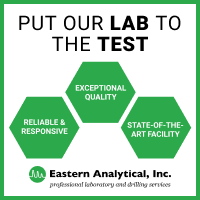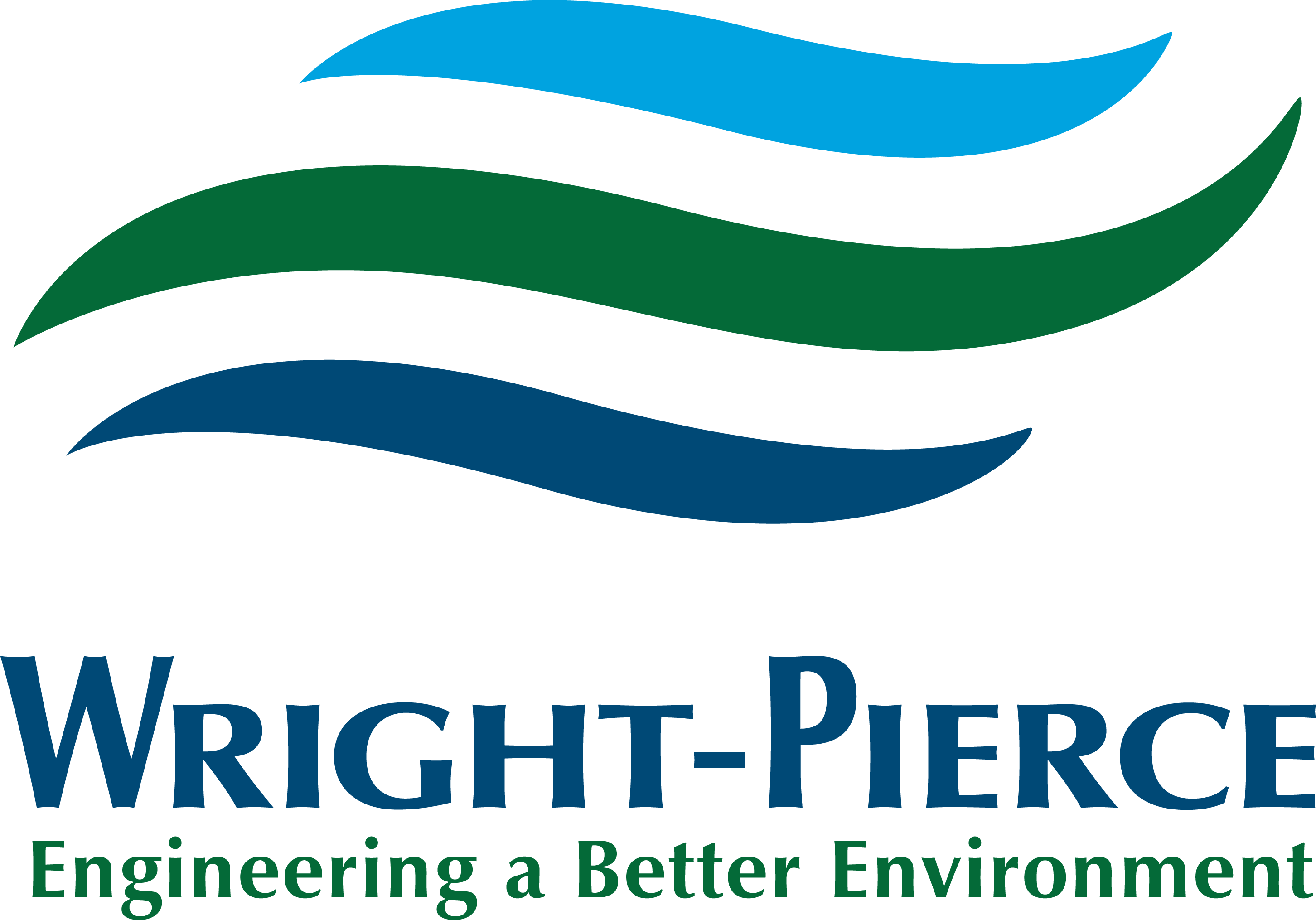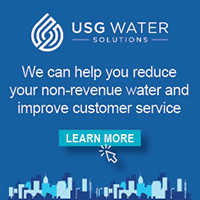NEW HAMPSHIRE’S WATER FUTURE
Strategic Priority No. 4 – NH’s Water Future: Always Prepared for Major, State-wide Forces of Change
Strategy’s Cultural Attitudes and Behaviors: Adaptive, Nimble & Resilient; Future-Focused; Collaborative; Regional-Receptive; Science-Savvy; Masters of Messaging; Financially-Flush & Flexible; Leaders, Unifiers & Trust Builders; Digital- and Data-Driven.
Priority No. 4 includes both internal (NHWWA-focused) and external challenges and actions. This priority will strengthen NHWWA’s resources and ability to fulfill its mission as well as address significant long-term challenges such as climate change.
Scenario Storylines:
- Challenge – Financial Security: NHWWA needs to be fiscally sound and sustainable, with excellent volunteer and staff, effective governance and a robust and resilient plan to deliver its services.
- Implications: Our ability to deliver on our mission is directly tied to our health and sustainability as an association. Being an effective, credible and trusted partner will attract the support required to maintain professional staff and deliver on our promises.
- Action: Identify and secure new or expanded, sustainable funding sources to increase and diversify our revenue stream, maintain laser focus on mission and priorities, execute with excellence, and communicate results.
- Challenge – Customers’ Limited Resources: NH’s public water utilities serve 55% of the state’s residents, but individually those utilities have only limited resources with which to meet current and future challenges.
- Implications: Many water works managers can focus only on the near term. Levels of need vary greatly among NH’s water utilities. Opportunities to create collaborative solutions often cannot attract and sustain broad community or water supply industry support.
- Action: NHWWA strengthens and expands its capabilities as a dependable and highly effective partner that supports water utilities on all matters pertaining to delivering safe, dependable and affordable drinking water, including as an advocate.
- Challenge – Climate Change: Climate change is causing different temperature and precipitation patterns which impact ongoing trends in population growth, economic conditions, development patterns, water supply availability, and demands for water.
- Implications: Climate change may degrade water quantity and quality for some water utilities. Individual water suppliers may be unprepared or under-prepared for the broad range of system upsets, disruptions and challenges coming their way.
- Action: NHWWA uses data-driven, scenario-based planning and management systems to identify climate-related trends for which its members may need to be prepared and identifies potential shared responsive strategies such as mutual aid compacts and regional collaboration or interconnections (e.g., convene an industry workgroup to identify, assess and address risks and threats).
- Challenge – Increasing Complexity: The water industry is faced with significant numbers of complex policies, regulations, laws, technical changes, and impacts from contaminants of emerging concern, workforce development and education, infrastructure investment, and climate change. And the list of new trends that could affect water suppliers continues to grow.
- Implications: Individual members do not, working individually, have the capacity to track, respond to, and exert substantial and meaningful influence over the many major, state-wide forces of change.
- Action: NHWWA gathers and tracks data on critical trends, convenes knowledgeable industry resources, shares general information and current industry knowledge and tactics, and develops expertise and alliances to help members adapt, build, respond to, and advocate for their current and future needs.
Living Phases:
- Phase I.
- Refresh NHWWA’s mission statement, including clarifying identities of its principal customers and beneficiaries. Consider adding Principles and Vision statements;
- Review and revise governance documents (bylaws; Director and staff roles and responsibilities; recruitment, retention and removal policies; State and federal requirements) to align with Mission and Strategic Plan;
- Identify state-wide data sets and resources critical to visioning, planning and communicating (data tracking and analysis may include working in partnership with other organizations such as the NH Community Development Finance Authority (NHCDFA) and the New Hampshire Fiscal Policy Institute;
- Formalize and incorporate governance and management systems;
- Phase II.
- Strengthen relationships and partnerships with water supply sector leaders and advocates to ensure better understanding of water utility needs, and to gain visibility and credibility;
- Engage at State level with climate change experts and policy makers to raise awareness and build consensus around preparation and mitigation scenarios and actions;
- Advocate for and support collaborative emergency preparedness initiatives as warranted at utility- and state-wide scales (e.g., regionalization).
- Phase III.
- Engage at local and State level with planning boards, commissions, State agencies and partners (e.g., Forest Society, Nature Conservancy, NHBIA) to build consensus around land-use policies that help to ensure sustainable water usage practices and water supply protections;
- Apply and share scenario planning expertise to identify and address near- and long-term threats (e.g., drought, population changes, power outages, workforce shortages, failed infrastructure, contamination, technology, etc.);
- Initiate development of and contribute to a state-wide water sustainability plan.
- Phase IV.
- Develop and maintain reputation as a trusted source of information and counsel for water service-related issues;
- Become recognized as a desired partner or source of members or expertise for state- and regional-level technical boards and commissions that address water service issues.








